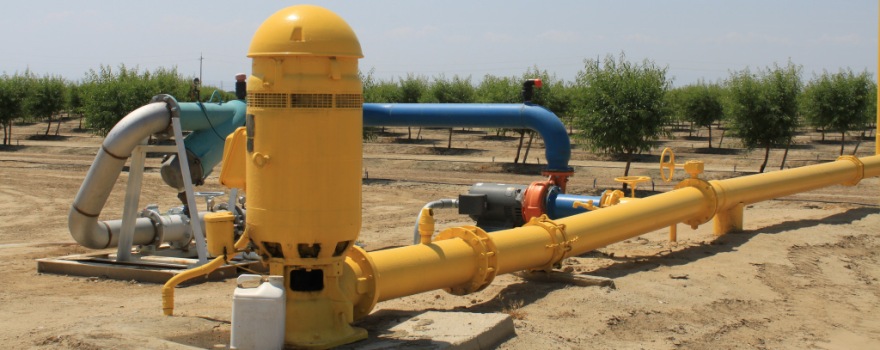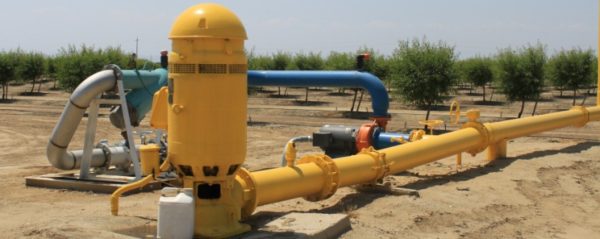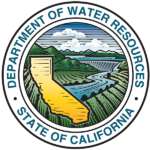 From the Department of Conservation:
From the Department of Conservation:
Applications for $40 million in Round 2 grants from the Multibenefit Land Repurposing Program, part of Governor Newsom’s multi-faceted response to the ongoing drought, can be submitted now through March 29.
The California Department of Conservation just released new guidelines for this program, which funds repurposing irrigated agricultural land in areas impacted by the drought and years of groundwater overdraft.
“Despite the amount of precipitation we’ve received recently, we’re not out of the woods when it comes to long-term water issues and drought,” Conservation Director David Shabazian said. “California’s recent big storms exemplify the need to increase aquifer recharge in wet years and to minimize the impact of reduced groundwater use going forward. Strategic land repurposing in areas that were historically floodplains or can be flooded when rivers are running high is a key opportunity enhanced by this program.”
The Multibenefit Land Repurposing Program aims to increase regional capacity to repurpose agricultural land by supporting projects that not only conserve groundwater but also provide community health, economic well-being, water supply, habitat, and climate benefits.
Conservation accepted public comments on the new guidelines for a month. Some of the key adjustments to this year’s guidelines include adding disadvantaged community benefits as its own selection criterion, as well as clarifying project eligibility, the application review process, project monitoring expectations, and eligible costs.
In 2022, its initial year, the program funded four grants to organizations based in Tulare, Monterey, and Madera counties plus one statewide award to provide support to block grantees and help other organizations develop competitive applications for future rounds. The program received a dozen applications for more than $110 million.
In Round 2, the Multibenefit Land Repurposing Program will grant up to $40 million for projects in critically over-drafted groundwater basins as well as high- and medium-priority basins subject to an emergency drought declaration. Round 2 awards are tentatively scheduled to be announced on June 1.
Click here for more information on the Multi-Benefit Land Repurposing Program.








